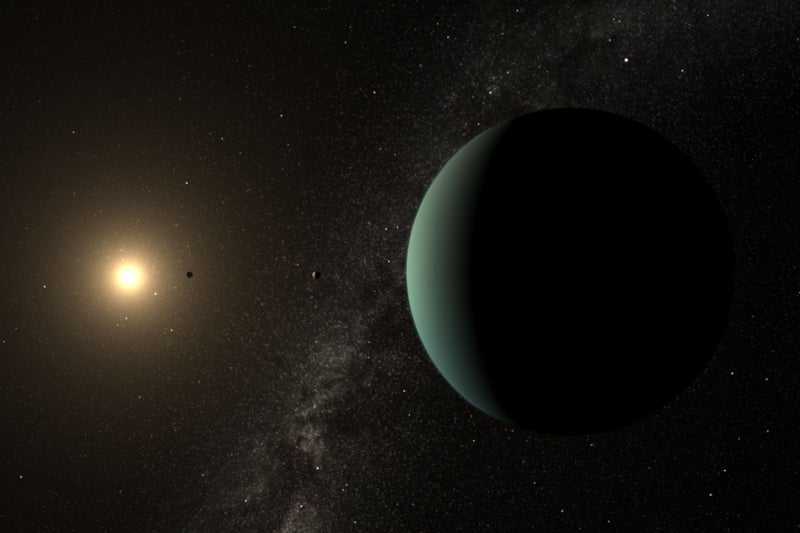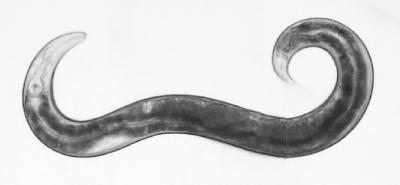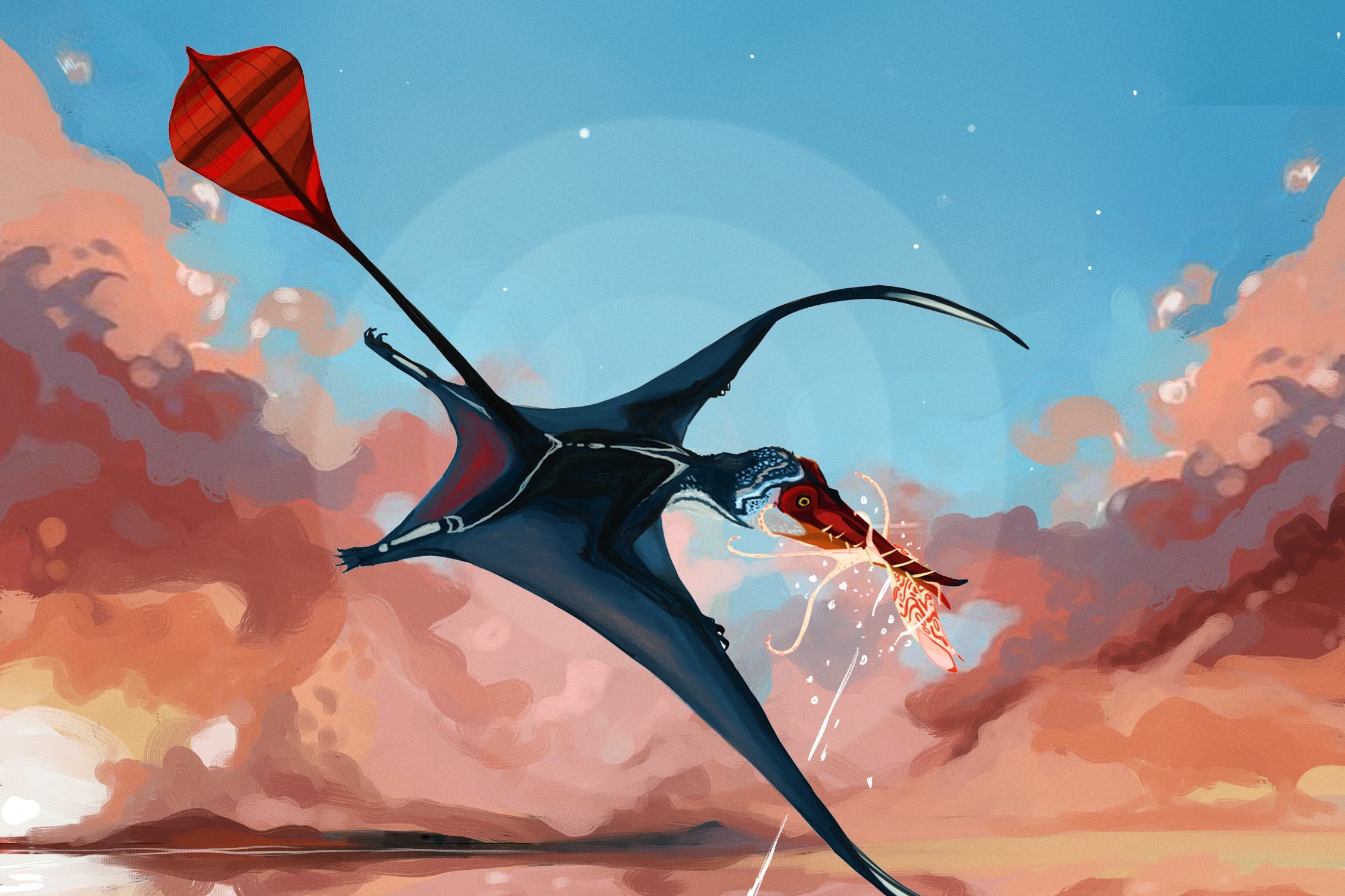Signs of alien life could be lurking in hard-to-reach hidden spot on distant icy planets
Signs of alien life could be lurking in hard-to-reach hidden spot on distant icy planets
Share:
THE search for alien life across our Solar System and beyond has so far kicked up nothing intelligent - let alone microbial. But researchers now believe extraterrestrials could be lurking deep in the oceans on other worlds - like Saturn's icy moon, Enceladus. The physics of alien oceans, which is different to that of Earth's waters, could stop evidence of deep-sea life from reaching places where scientists can detect it, according to a new study.
![[Spacecraft orbiting Saturn with plumes erupting from the planet's surface.]](https://www.thesun.co.uk/wp-content/uploads/2025/02/NINTCHDBPICT000969603615.jpg?strip=all&w=960)
Enceladus's ocean forms distinct layers that slow the movement of material from the ocean floor to the surface, the study published today in Communications Earth and Environment revealed. So alien oceanlife could be having a party on the seabed - and us humans would have no clue. Telltale signs of life - like chemical traces, microbes and even organic material - could become unrecognisable by the time they reach the surface, the study said.
![[Illustration of Enceladus's internal structure and processes.]](https://www.thesun.co.uk/wp-content/uploads/2025/02/NINTCHDBPICT000969603512.jpg?strip=all&w=960)
"Imagine trying to detect life at the depths of Earth's oceans by only sampling water from the surface, " said Flynn Ames, an expert on icy moons at the University of Reading, and lead author of the study. "That's the challenge we face with Enceladus, except we're also dealing with an ocean whose physics we do not fully understand.". Ames and his team found that Enceladus's ocean could behave like oil and water in a jar, with layers that resist vertical mixing.
"These natural barriers could trap particles and chemical traces of life in the depths below for hundreds to hundreds of thousands of years," explained Ames. "Previously, it was thought that these things could make their way efficiently to the ocean top within several months. "As the search for life continues, future space missions will need to be extra careful when sampling Enceladus's surface waters.".






















